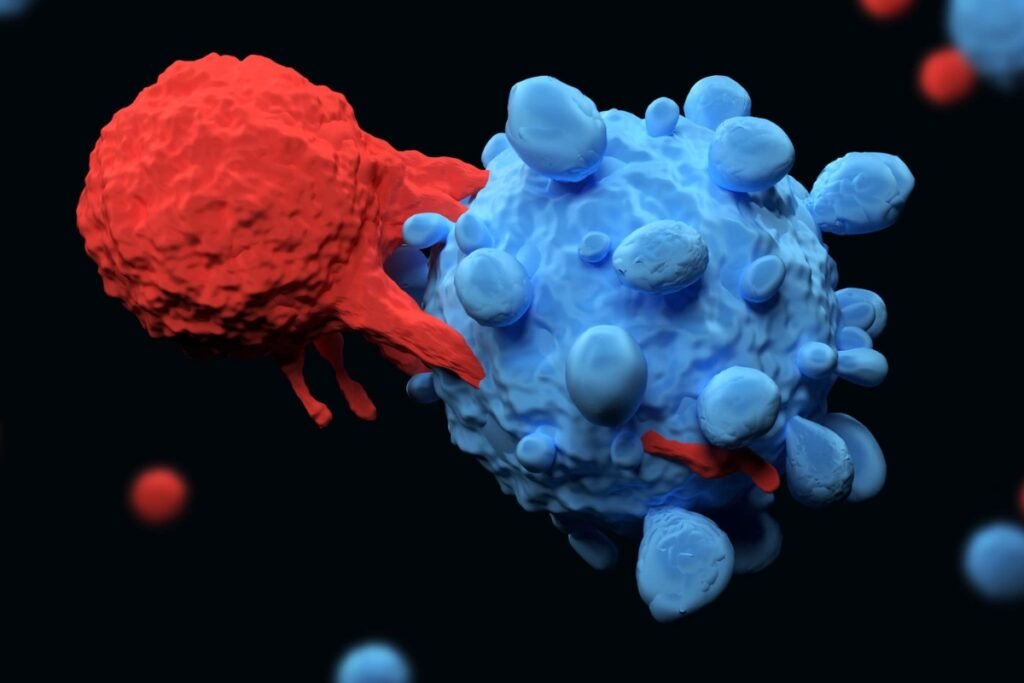The company has filed for approval to use Carvykti earlier in the treatment pathway, including for patients experiencing their first relapse. This move comes after the release of leaked data from the CARTITUDE-4 trial, presented at the ASCO congress. The trial demonstrated that Carvykti, developed in partnership with Legend Biotech, reduced the risk of disease progression or death by an impressive 74% compared to standard therapy in patients with multiple myeloma who had received one to three prior lines of treatment.
The CARTITUDE-4 study specifically enrolled patients whose disease no longer responded to Bristol-Myers Squibb/Celgene’s standard therapy, Revlimid (lenalidomide). As lenalidomide use has expanded in multiple myeloma, an increasing number of patients have reached a point where the treatment is no longer effective. If approved for this new indication, J&J and Legend will have an opportunity to challenge the currently approved BCMA CAR-T therapy, Abecma (idecabtagene vicleucel), developed by Bristol-Myers Squibb and 2Seventy bio. Both Carvykti and Abecma are currently approved as fifth-line or later treatment options. J&J and Legend have also submitted a filing for the new use of Carvykti in Europe.
Meanwhile, Bristol-Myers Squibb has already filed for an expansion of the label for its CAR-T therapy based on the results of the KarMMA-3 study, which focused on patients who had failed on two to four lines of prior therapy. The FDA is expected to make a decision on this filing by the end of the year. This gives J&J and Legend the opportunity to position Carvykti one line ahead of its competitor.
In addition to the remarkable 74% reduction in disease progression, the CARTITUDE-4 trial also showed significant improvements in the objective response rate (ORR) and complete response rates compared to the control group. The negative minimal residual disease (MRD) rate was substantially enhanced as well. Moreover, there was a trend towards better overall survival, which will be further investigated to determine statistical significance in the coming months.
Lead study investigator Binod Dhakal of the Medical College of Wisconsin highlighted the widespread use of lenalidomide-based therapies as frontline treatments for multiple myeloma, including in both young and elderly patients and those eligible or ineligible for transplantation. Consequently, the number of cases where the disease becomes refractory to lenalidomide increases early in the course of the disease. Dhakal stated that the study’s findings demonstrate the high effectiveness of ciltacabtagene autoleucel (Carvykti) in patients with lenalidomide-refractory multiple myeloma, even as early as after the first relapse.
According to estimates by William Blair analyst Matt Phipps, approximately 3,000 multiple myeloma patients in the United States receive fifth-line treatment each year. The numbers rise to 6,000 for fourth-line therapy and 12,000 to 13,000 for third-line therapy. Therefore, if either of the CAR-T therapies secures FDA approval, the eligible patient population will significantly increase.





























